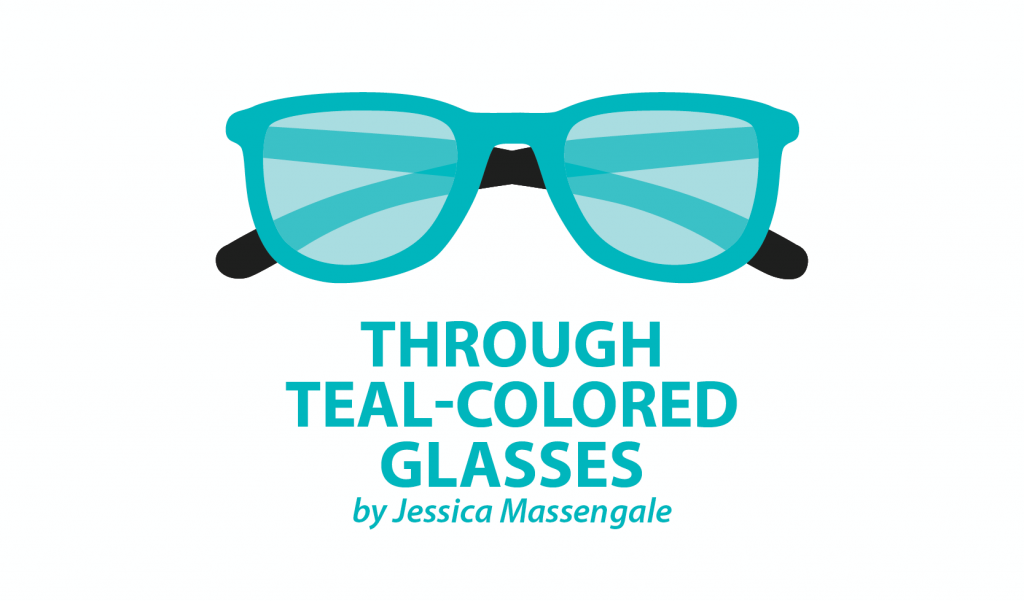The Importance of Communicating with Caregivers

A portion of the human race embodies a longing in its heart to help the disadvantaged. One often can find them donating to charities, volunteering, or lending a hand to close friends and family. It fills their happiness meter to assist those in need. But, it should be noted, there’s a difference between doing something out of the kindness of one’s heart and doing something to expect a favor in return.
Living as a disabled person often can lead to a conundrum of how to show appreciation for those helping out. Day-to-day living for us can mean endlessly asking for help with the simplest of things such as:
- Getting dressed
- Putting on earrings
- Putting on clothes
- Pouring a cup of juice
- Picking up something off the floor.
I try to do what I can, but since my hands are severely deformed, I require a lot of help. Living this way is tough, but I have learned to accept it for what it is, and a good caregiver does the same. They have to realize that if we weren’t disabled, we wouldn’t depend on them. This isn’t a way of life that we chose. Scleroderma is a draining, painful burden that was thrust into our lives without a return policy.
I miss my independence more than anything, especially because I’m a perfectionist. Sometimes I just want to do something the way I used to. I try to keep my mouth shut and take whatever help is given so that I don’t seem too bossy. But at the same time, I expect the other person to have some compassion and an open-minded understanding to work alongside my needs. Born a natural leader, it has been difficult to stay quiet and take the backseat in some situations. I try not to step on anyone’s toes since they are helping me get things done, but a sick person is still entitled to have an opinion.
Those around me help so much that sometimes they’re under the illusion I owe them something. I’ve gotten into arguments that have nothing to do with scleroderma, and the person will say, “After all I’ve done for you, this is how you treat me?” This comment sticks a dagger in my heart because I feel forever indebted to everyone around me. I feel as if I owe everyone so much, I’ll never be able to repay them. So, for someone to throw that in my face hurts beyond belief. I don’t need help from anyone who’s doing it only to score good karma points.
Another thing that really hurts is when someone stops helping because they are angry. Some caregivers feel so extremely burdened that when the patient seemingly “wrongs” them, they take out their frustration by leaving the patient stranded. So, not only is the disabled person suffering from sickness, they’re receiving less help because the other person is harboring negative emotions.
For example, I used to have someone braid my hair due to the fact that my arms are so tight that I can’t reach my head. Now, they won’t braid my hair because of a grudge, even though I profusely apologized. Talking out our problems and communicating what’s wrong is the easiest way to avoid this. If a patient is acting rude, the caregiver should let them know.
Those with scleroderma sometimes feel we are on a shorter timeline, so we don’t have room for negative energy. We can’t expect a sick person to be in a 100% perfect mood all of the time. On the other hand, a patient has to understand that even though a caregiver is “healthy,” they get burned out, too. It’s a tricky give-and-take relationship that always will have ups and downs.
I say “please” and “thank you” to every person who helps me, 98% of the time. I try to show my gratitude by buying dinners or random little gifts I know the person likes, even if it’s just a chocolate chip cookie. I still try to be the rock and center of strength for my friends and family, which is who I’ve always been, before scleroderma. Open the lines of communication while understanding each others’ needs — this is the key to having a healthy patient-caregiver relationship.
***
Note: Scleroderma News is strictly a news and information website about the disease. It does not provide medical advice, diagnosis, or treatment. This content is not intended to be a substitute for professional medical advice, diagnosis, or treatment. Always seek the advice of your physician or other qualified health provider with any questions you may have regarding a medical condition. Never disregard professional medical advice or delay in seeking it because of something you have read on this website. The opinions expressed in this column are not those of Scleroderma News, or its parent company, BioNews Services, and are intended to spark discussion about issues pertaining to scleroderma.








Comments
Chester
Really glad you've written on this topic. I think its very important and you're right, communication between the caregiver and patient is extremely essential and necessary.